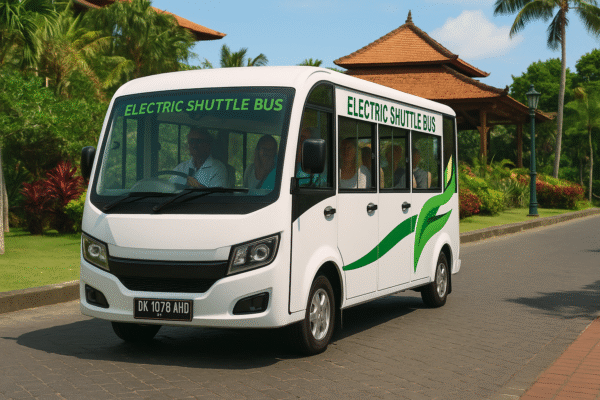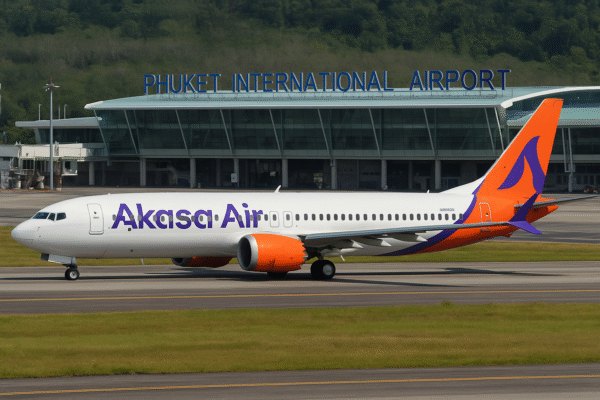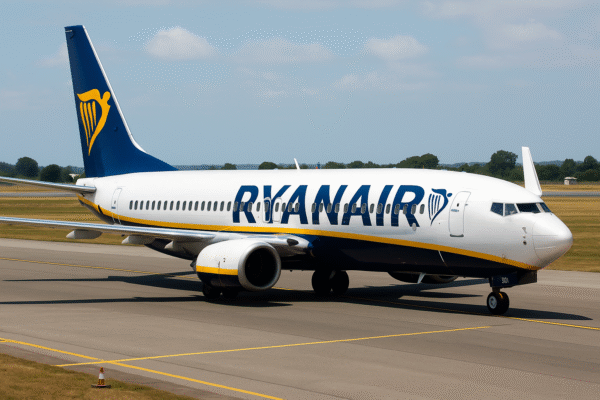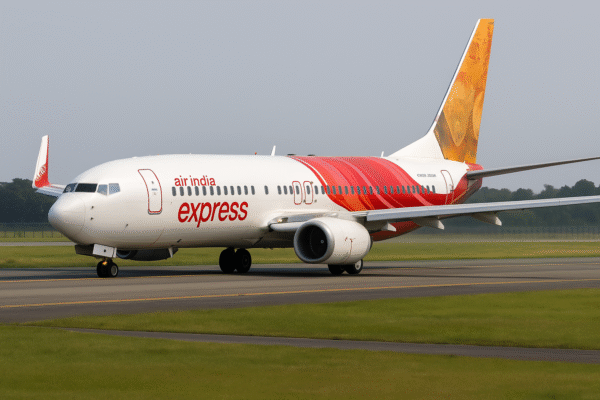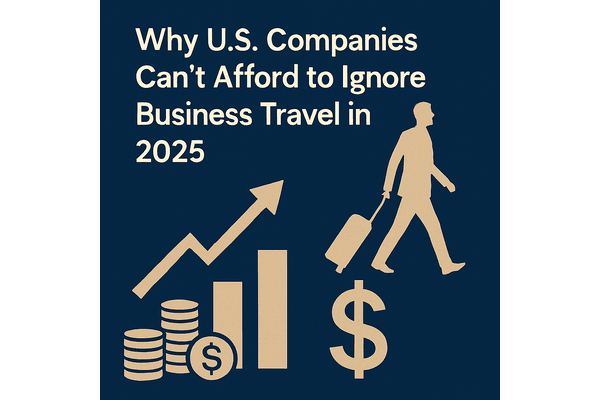A groundbreaking study by the Global Business Travel Association (GBTA) and the American Society of Travel Advisors (ASTA) reveals that U.S. companies are potentially missing out on $2.4 trillion in revenue by underinvesting in business travel. As corporate travel steadily recovers post-pandemic, the research highlights a critical truth: business travel is not just an operational cost—it’s a strategic lever for growth.
The research draws on over 24 years of financial data from 14 major U.S. industries and finds that a modest 8.3% increase in travel and entertainment (T&E) budgets could yield a 6% spike in revenue. For companies weighing cost-saving decisions, the data is clear—cutting business travel may save money in the short term but risks sacrificing long-term profitability.
Business Travel: A Powerful Profit Generator
According to the GBTA-ASTA study, companies that align their T&E budgets with “profit-maximizing” levels stand to gain $14.60 in net operating profit for every $1 invested in business travel. Yet, as of 2025, U.S. corporate travel spending still lags $24 billion behind its optimal benchmark of $319.1 billion, when adjusted for inflation.
Although corporate travel has rebounded significantly since the height of the COVID-19 pandemic, current expenditures still fall $66 billion short of pre-pandemic levels. This discrepancy points to a missed opportunity: companies that fail to restore their travel budgets are potentially leaving major revenue streams untapped.
Why Companies Are Holding Back
Many organizations slashed travel budgets during the pandemic and have been slow to reinstate them. Shifts in remote work, virtual meetings, and economic caution have all contributed to reluctance around full-scale travel resumption.
But the study argues that this caution is counterproductive. In-person engagement continues to play a pivotal role in relationship-building, sales conversion, and client retention—elements difficult to replicate digitally.
“Corporate travel isn’t a cost—it’s a catalyst for revenue,” said Mark Meader, Executive Vice President at ASTA. “The data backs what travel professionals have long known: every business trip is an investment in growth, resilience, and opportunity.”
The T&E Gap: What’s at Stake
The shortfall between current travel spending and profit-maximizing levels may appear modest, but the impact is anything but. By not closing the gap:
- U.S. firms could be missing out on up to $2.4 trillion in potential revenue.
- The current $24 billion under-spend could instead deliver hundreds of billions in net profits.
- Businesses forgo the intangible benefits of in-person connections—trust, innovation, and long-term partnerships.
Across industries such as finance, manufacturing, tech, and healthcare, the lack of strategic travel is already being felt in slower deal cycles and missed partnership opportunities.
Future Research: Spotlight on Travel Management Companies (TMCs)
Following this report, GBTA and ASTA are preparing Phase Two of their study, which will assess the impact of managed travel programs—particularly those overseen by Travel Management Companies (TMCs).
This phase will evaluate how managed travel correlates with:
- Revenue performance
- Operating margin improvements
- Stock performance metrics
The findings could reinforce the argument that structured, professionally managed travel programs yield higher returns than loosely administered policies. This upcoming research is expected to provide actionable insights for C-suite executives on how best to rebuild smart travel strategies post-pandemic.
A Shift in Corporate Strategy: Travel as Growth Capital
The report’s core message reflects a growing sentiment across the business landscape: travel spend is growth capital. As companies reevaluate operational expenses, T&E budgets should be considered part of a long-term investment portfolio, not a short-term cost to cut.
This also aligns with broader 2025 travel trends, where companies are reintroducing purpose-driven travel—targeting high-value meetings, strategic conferences, and client engagement trips that deliver direct business outcomes.
“Companies that view business travel as a revenue generator rather than a liability will lead the next phase of economic expansion,” said Suzanne Neufang, CEO of GBTA. “The numbers don’t lie—travel done right pays back more than it costs.”
Corporate Leaders Urged to Act Now
For business leaders still hesitant to restore travel budgets, the GBTA-ASTA report offers one clear takeaway: act decisively. Incremental increases in travel spend can generate measurable financial returns, especially when applied to client-facing roles and deal-closing engagements.
The travel sector itself is ready—airlines, hotels, and meeting venues across the U.S. have returned to near full operational capacity. With prices stabilizing post-inflation, conditions are optimal for businesses to reintegrate travel into their growth strategy.
Conclusion: Reclaiming the Value of Business Travel in 2025
As the U.S. economy navigates the post-pandemic recovery era, the data makes one thing evident: business travel is essential, not optional. Companies that continue to underfund their T&E budgets risk falling behind in an increasingly competitive global market.
The findings from GBTA and ASTA reveal that restoring strategic travel not only drives revenue and profitability—it strengthens relationships, builds resilience, and unlocks new opportunities. As future research on managed travel programs emerges, organizations are encouraged to reframe travel from a cost center to a core pillar of long-term growth.
For U.S. companies looking to thrive in 2025 and beyond, the message is clear: don’t ignore the road to profit—put your people back on it.
For more travel news like this, keep reading Global Travel Wire

